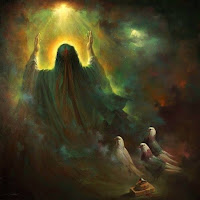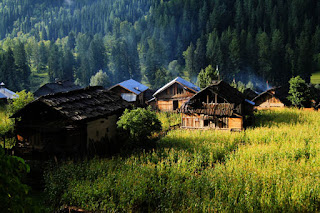To Live is to Pray: Invitation to Pray with Mystics and Philosopher

Reading Kierkegaard, Buber, and Heschel on prayer as listening and seeing why God can’t refuse to grant prayers of sages. It is often suspected or believed that the stars are silent and man encounters a deaf sky. Man’s attempt to talk to the stars has, however, been the most indefatigable. Beyond the stars, man has been more desperate about news from the other side of grave while newer philosophies and exoteric theologies have claimed that man is imprisoned in the world while the other world is far off and we need to die before we can enjoy colours or smells of Paradise. Man’s attempt has been to seek freedom against the iron walls of life of bondage. This attempt to talk to the stars and beyond and to the other side of grave and break free from the prison of self/world/mechanism is called prayer. Prayer is an adventure to the most distant or hidden or most sublime heights we can imagine and it achieves the deepest longing of all of us for union, for meeting, for talking to the Belo...




